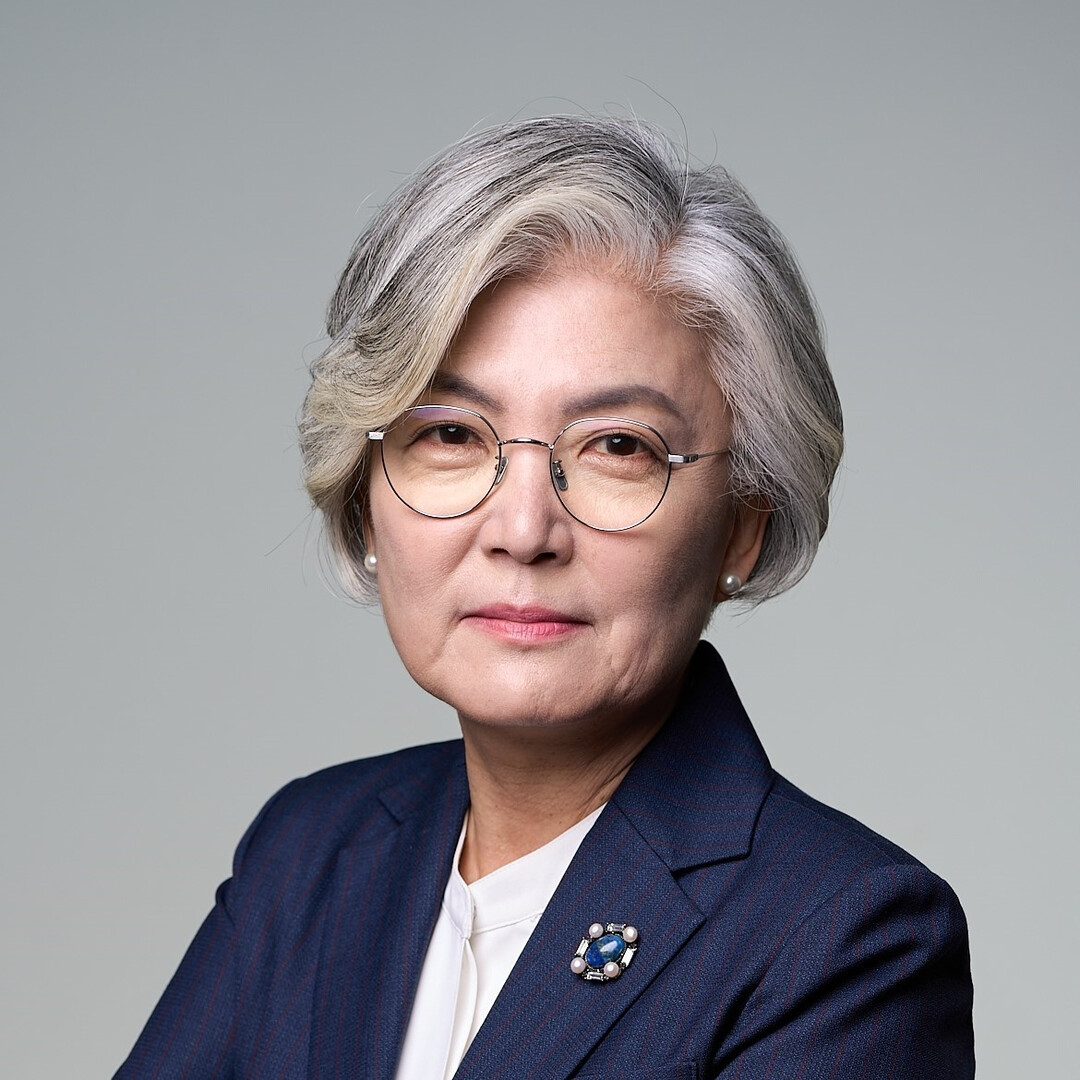
Washington, D.C. - Kang Kyung-wha, South Korea's newly appointed Ambassador to the United States, arrived in Washington, D.C., on October 4 (local time), marking her return to a critical diplomatic post. A former Foreign Minister under the Moon Jae-in administration, Kang emphasized her commitment to mobilizing all available resources to resolve the challenging issues currently facing the Seoul-Washington alliance, including thorny trade negotiations and North Korea dialogue.
Upon arrival at Dulles International Airport, Ambassador Kang expressed her eagerness to re-engage in frontline diplomacy for South Korea's national interest. "With knotty issues entangled between South Korea and the U.S., I am determined to exert every effort, not just personally but by mobilizing all capabilities of the embassy, to ensure these problems are resolved effectively," she stated. The ambassador is scheduled to hold her inauguration ceremony on October 6 and officially assume her duties after presenting her credentials to the U.S. government.
Navigating Immediate Bilateral Challenges
Ambassador Kang identified several urgent priorities for the alliance, chief among them the finalization of the tariff and trade negotiations. These complex talks include the structure of South Korea's proposed investment package for the U.S. and resolving visa issues affecting South Korean business executives and workers, a problem recently highlighted by the detention of Korean nationals in Georgia.
"I will work closely on the ground to find a mutually satisfactory agreement on the investment package," Kang said, adding that her role would be to provide maximum support to the negotiating teams from the Ministry of Foreign Affairs and the Ministry of Trade, Industry and Energy.
The ambassador also addressed Seoul's request for a currency swap arrangement with the U.S. "We have put the request on the table, but I have not yet heard of an official response from the U.S. side, so we must wait on that front," she noted. South Korea views a currency swap as a crucial financial safeguard amid economic uncertainties and the high capital outflow associated with the proposed investment package.
Kang also recently met with Hyundai Motor Group Chairman Euisun Chung to better understand the domestic industry's difficulties, particularly concerning the potential 25% U.S. tariff on imported automobiles. She underscored the importance of a unified front: "The government and businesses must operate as one team to achieve a favorable outcome."
Drawing on Experience with the Trump Administration
Having served as Foreign Minister during President Donald Trump's first term, Ambassador Kang possesses valuable insight into the U.S. leader's approach to diplomacy. She clarified that while her primary counterpart was the U.S. Secretary of State, she was able to observe President Trump's style and interests during summit attendances.
Asked what she would emphasize to President Trump, Kang stated she would stress the deep roots of the alliance. "The long history of the U.S.-South Korea alliance, spanning 72 years, ensures it won't be easily shaken by temporary current issues. I intend to emphasize that point to President Trump." Her experience and rapport are viewed as critical as she facilitates the final arrangements for President Trump's upcoming late-October visit to South Korea for the APEC summit.
Advancing U.S.-North Korea Dialogue
A key component of her mission is facilitating the resumption of U.S.-North Korea dialogue, especially following the recent White House announcement that President Trump is open to talks with North Korean leader Kim Jong Un without preconditions.
Ambassador Kang strongly endorsed this approach. "President Lee Jae Myung has also actively supported President Trump's pursuit of dialogue with North Korea. As the ambassador, I will convey this message to various sectors and work to ensure such a dialogue can be realized," she affirmed. She stressed that ultimately, "North Korea must come forward," necessitating close cooperation with U.S. officials.
Finally, Ambassador Kang pointed to the need to enhance the embassy's capacity. She observed that while the staff is highly skilled, the mission is quantitatively under-resourced. She pledged efforts to expand the embassy's personnel, particularly in the realm of public diplomacy, to increase its overall effectiveness.
[Copyright (c) Global Economic Times. All Rights Reserved.]




























